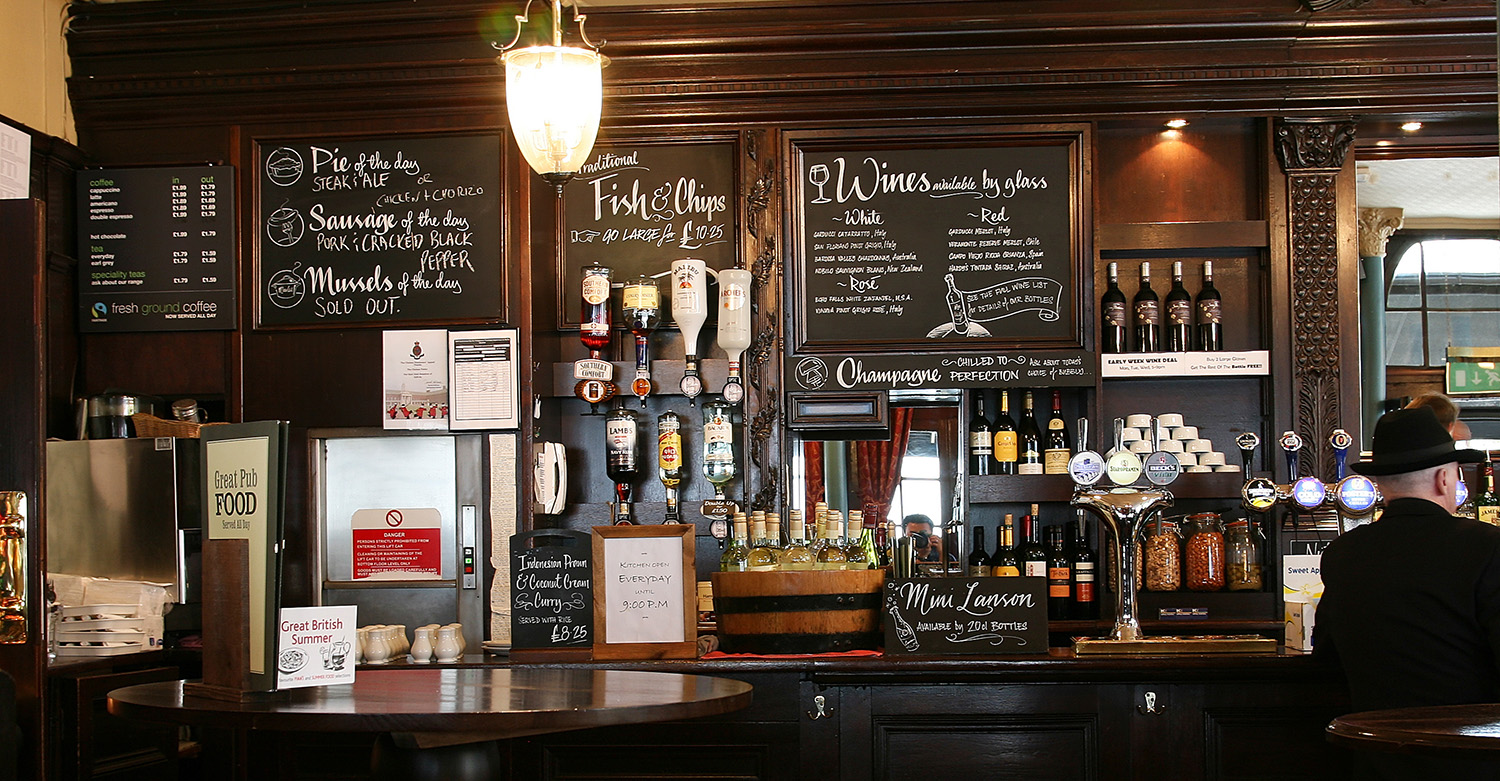The Town and Country Planning (Use Classes) Order 1987 categorises different commercial property types by ‘use classes’. The use class determines the type of business you can conduct in the commercial property.
The definitions of the ‘use classes’ are pretty binding and mean that any business you conduct in the building has to fall within its planning use. So if you’re buying an A1 Property to lease it out as a shop that’s fine. But you can’t renovate it and turn it into a A3 Property to sell food and drink without permission from your local planning authority (LPA). If you don’t get the proper permissions you may be fined. You can always ask your local commercial estate agents the Use Class for a specific building.
There are a couple of reasons for having stringent rules around the usage of commercial property. Firstly, it helps planners know what type of business will be moving into the building, and secondly, they can keep tabs on specific property types that may cause complaints, such as pubs.
Commercial property use classes found in the UK.
A1 – Shops
Commercial buildings classed as A1 Property can be used for any of the following purposes:
- Retail sale of goods other than hot food
- Post offices
- Ticket sales
- Travel agencies
- Sandwich bars (or other cold food for consumption off the premises)
- Hairdressers
- Funeral directors
- Display of goods for sale
- Domestic hire of personal goods or articles
- Drycleaners
A2– Financial and Professional Services
Commercial buildings classed as A2 Property can be used for any of the following purposes:
- Financial services (e.g. banks and building societies)
- Professional services (other than health or medical services)
- Estate agents (the service we provide)
- Employment agencies
- Betting shops
A3 – Food and Drink
The following commercial buildings classed as A3 Property can sell food and drink to be consumed on or off the premises:
- Restaurants
- Snack bars
- Cafés,
- Shops selling hot food
A4 – Drinking Establishments
The following commercial buildings classed as A4 Property allow the sale and consumption of alcoholic drinks:
- Pubs
- Wine bars
- Drinking establishments other than nightclubs
A5 – Hot Food Take-away
Commercial buildings classed as A5 Property can sell hot food for takeaway and consumption off the premises.
B1 – Business
Commercial buildings classed as B1 Property can be used for any of the following purposes:
- Offices not classified within A2
- Research and development of products or processes
- Industrial process (e.g. laboratories or high-tech industries)
B2 – General Industrial
B2 Property permits the general carrying out of industrial processes, other than ones falling within class B1, or within classes B3 to B7.
B3 – B7 – Special Industrial Groups
These five use classes permit the uses, processes and manufacture of chemicals, metalwork, acids, oils, animal by-products, mining and quarrying.
B8 – Storage and Distribution
Commercial buildings classed as B8 Property can be used for any of the following purposes:
- Wholesale warehouses
- Distribution centres
- Repositories
- Storage facilities (including open air storage)
C1 – Hotels
Commercial buildings classed as C1 Property can be used for any of the following purposes:
- Hotels
- Boarding or guest house
- Hostel
C2 – Residential Institutions
Commercial buildings classed as C2 Property can be used for any of the following purposes:
- Boarding schools
- Residential colleges and training centres
- Residential care homes
- Hospitals
- Nursing homes
C3 – Dwelling Houses
Commercial buildings classed as C3 Property can be used as a dwelling house in the following scenarios:
- Use by a single person or a family; an employer and certain domestic employees; a carer and the person receiving the care; and a foster parent and foster child.
- Up to six residents living together as a single household and receiving care, e.g supported housing schemes for people with disabilities.
D1 – Non-residential Institutions
Commercial buildings classed as D1 Property can be used for any of the following purposes other than residential:
- Places of worship and church halls
- Medical and health services
- Crèches, nurseries and day care centres
- Museums, public halls, libraries, art galleries and exhibition halls
D2 – Assembly and Leisure
Commercial buildings classed as D2 Property can be used for any of the following purposes:
- Cinemas, music and concert halls
- Dance, sports halls, swimming baths, skating rinks and gymnasiums
- Other sports and leisure uses, such as casinos and bingo halls
Sui-Generis
‘Sui Generis’ is a Latin phrase translated as ‘of its own kind’ and it covers uses that don’t fall within the main classes. This includes buildings like:
Theatres, amusement centres and nightclubs
Taxi cab businesses, scrap yards and petrol filling stations,
Retail warehouse clubs, HMOs and launderettes.
Commercial property regulations can be difficult to get your head around. If you’re looking to learn more about this or you require something else, give our expert team a call on 020 8800 4321.
Sign-up to our monthly newsletter to keep up to date with the property market and the latest news.
We respect your email privacy and you can unsubscribe anytime.




